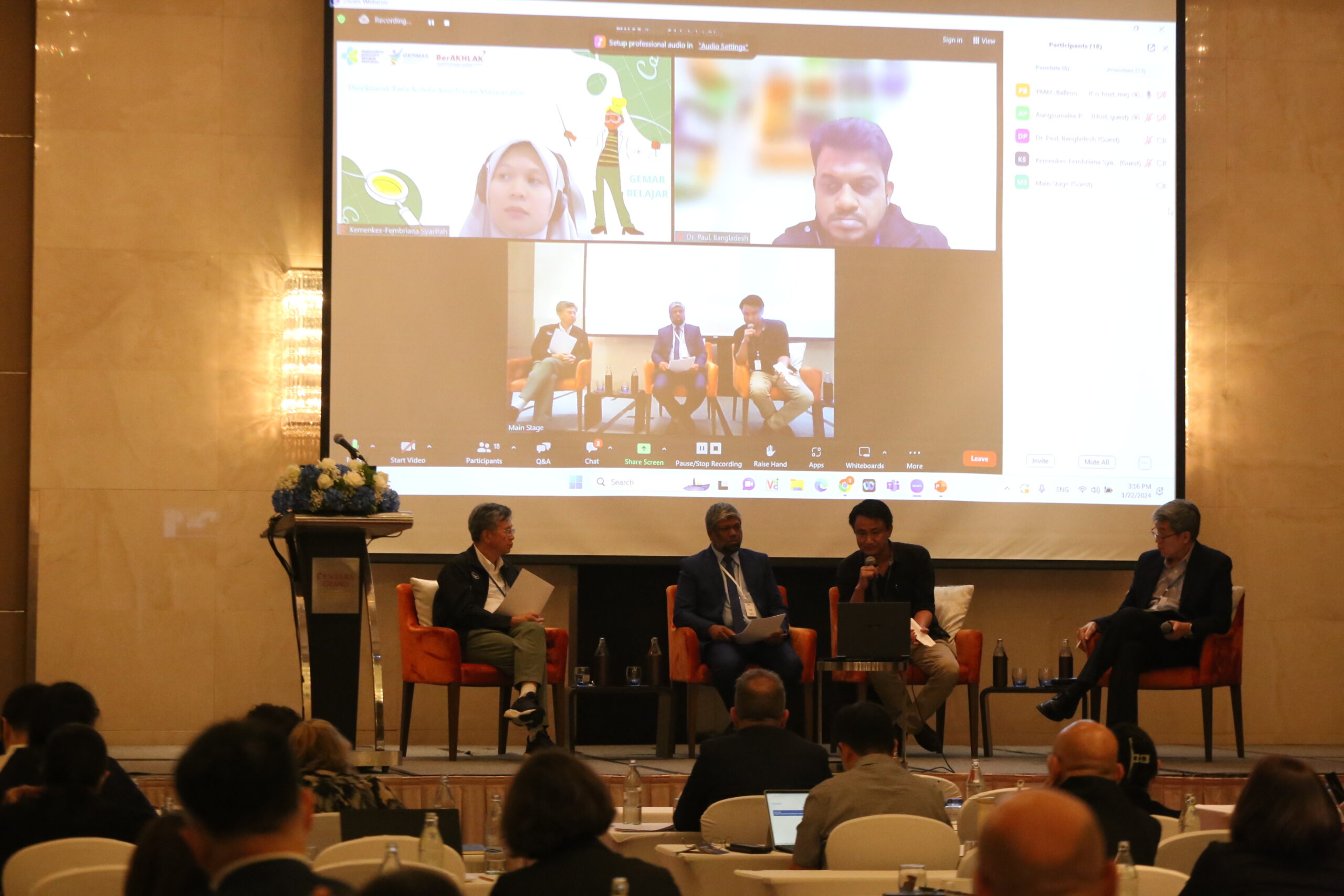The Democratic Republic of Korea (DPRK) is a low-income country located in South-East Asia. It has a population of 26 million with a life expectancy of 73 years at birth. The under-5 child mortality rate is estimated at 17.3 deaths per 1,000 live births. The DPRK faces a triple burden of disease that includes addressing the high burden of tuberculosis, maintaining and further decreasing malaria, and sustaining immunization coverage. In addition, there is a steady rise in noncommunicable diseases that requires urgent attention.
The transition in DPRK’s health system resembles transitions other socialist countries experienced during the 1990s. North Korean health facilities were operated through centrally raised public revenue within a centralized administrative system. The authorities attempted to provide comprehensive free healthcare through the formal health system. It aimed to promote public health, prevent diseases, and increase the effectiveness of treatment through the integration of traditional and western medicine.
Inadequate financing for the health sector
The DPRK has an elaborate health policy based on the Public Health Law and has formulated policy directives to reduce inequality in the health status of the population. The Medium Term Strategic Plan for Developing the Health Sector (2016 -2020) was drafted in coordination with the country’s major health sector partners. Several program-specific strategies and plans are being updated in line with global strategies and commitments.
[1] Noh, Jin-Won, Kyoung-Beom Kim, Ha-Eun Jang, Min-Hee Heo, Young-Jin Kim, and Jiho Cha. 2022. “Non-Communicable Diseases and Transitioning Health System in the Democratic People’s Republic of Korea during COVID-19 Lockdown” Healthcare 10, no. 10: 2095.
[2] Global Health Observatory, May 2017

